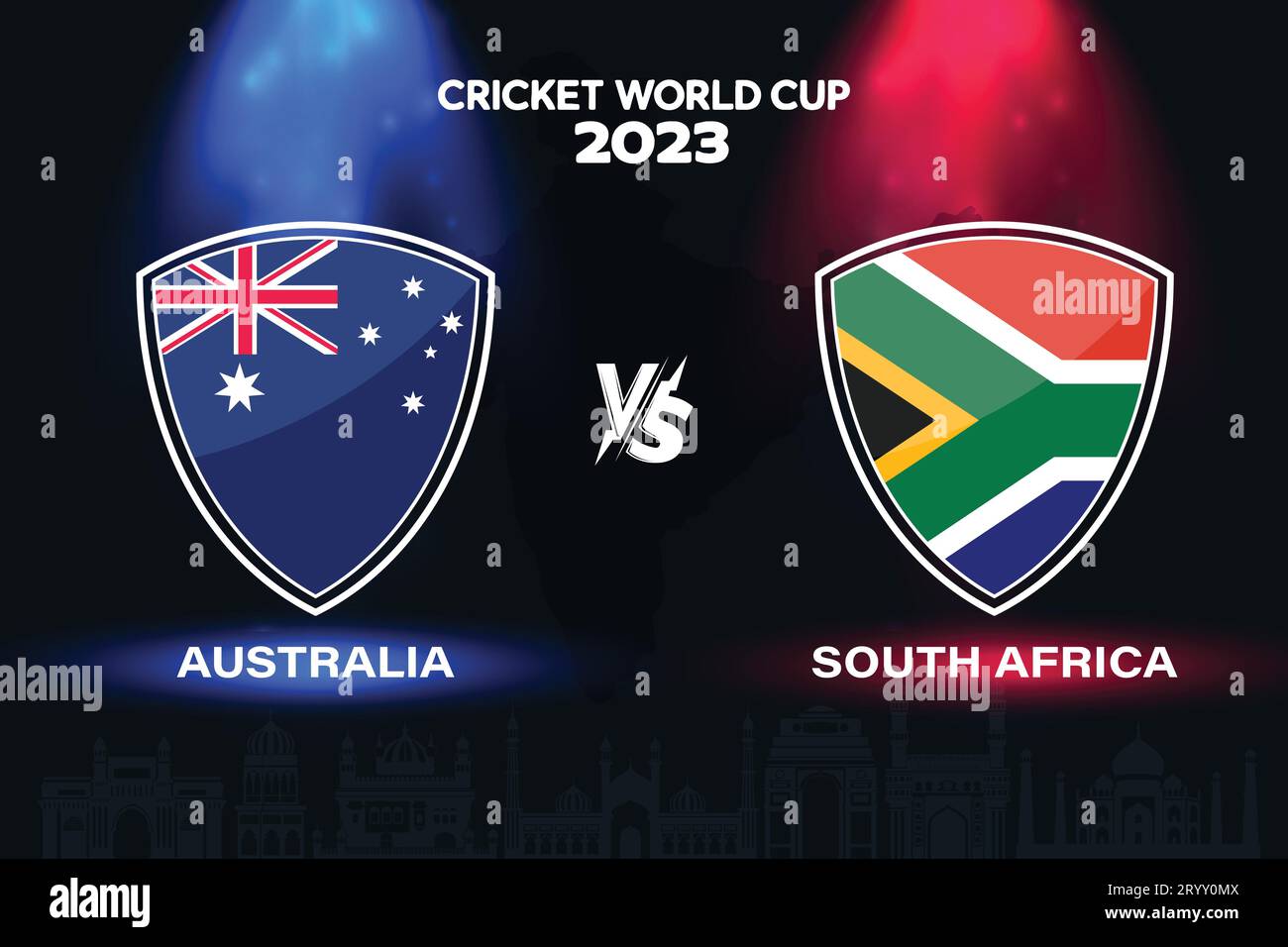What Happened
The World Test Championship (WTC) final is set to take place at Lord’s, featuring reigning champions Australia against South Africa. This match has sparked significant discussion regarding the structure and effectiveness of the WTC, with critics labeling the competition as “flawed.” Prominent voices in the cricket community, including Wisden editor Lawrence Booth and former England captain Michael Atherton, have expressed concerns about the competition’s format, suggesting it fails to adequately represent the sport’s competitive landscape.
Criticism centers on the WTC’s structure, which allows teams to choose how many Tests they play during the qualifying cycle. This has resulted in disparities in the number of matches played by different nations, raising questions about fairness and the overall integrity of the championship. For instance, South Africa played only 12 Tests in the current cycle, while England participated in 22. This uneven distribution of matches has led to debates about the legitimacy of South Africa’s place in the final, despite their six consecutive wins to secure their spot.
Key Details
- The WTC final will occur at Lord’s, with Australia facing South Africa.
- Critics, including Wisden and Michael Atherton, have described the WTC as “flawed” and a “shambles.”
- The current format allows teams to decide their number of Tests, leading to significant discrepancies in match counts among participating nations.
- South Africa’s participation in the final has been questioned due to their limited number of matches, with some critics suggesting they achieved their spot by defeating less competitive teams.
- South Africa’s coach, Shukri Conrad, defended the team’s performance, highlighting victories over teams that have beaten top-ranked nations.
- The WTC’s points system is based on the percentage of available points won, which has also been criticized for its complexity and potential for confusion.
Multiple Perspectives
Critics of the WTC format argue that it undermines the competition’s integrity. Lawrence Booth, editor of Wisden, has been vocal in his criticism, calling the WTC a “showpiece” that does not accurately reflect the competitive nature of international cricket. Michael Atherton has echoed these sentiments, stating that the current structure is widely recognized as flawed.
Conversely, supporters of the WTC, including South Africa’s coach, argue that the team has proven its worth by defeating competitive opponents, regardless of the number of matches played. Conrad emphasized that South Africa’s victories included teams that have had success against the “Big Three” of cricket: India, Australia, and England. This perspective suggests that the quality of opponents is as important as the quantity of matches played.
Additionally, some insiders have pointed out that the political tensions between cricketing nations, particularly India and Pakistan, complicate the establishment of a more traditional league format. This has led to a system that prioritizes commercial interests, often favoring matches between the “Big Three” nations.
Context & Background
The World Test Championship was introduced to provide a structured competition for Test cricket, which has traditionally been seen as the pinnacle of the sport. However, the format has faced scrutiny since its inception, particularly regarding how teams qualify and how points are awarded. The competition is intended to elevate the status of Test cricket in an era increasingly dominated by shorter formats, such as Twenty20 (T20) cricket.
The significance of the WTC extends beyond the match itself; it reflects broader issues within international cricket, including disparities in financial resources, scheduling conflicts, and the impact of political relations on match arrangements. The absence of Test matches between India and Pakistan since 2007 exemplifies how external factors can influence the competitive landscape of cricket.
The upcoming final is not only a contest for the championship but also a litmus test for the WTC’s future viability and the direction of Test cricket as a whole.
What We Don’t Know Yet
While the WTC final is set to take place, uncertainties remain regarding potential reforms to the competition’s structure. Discussions about extending the qualifying cycle and ensuring a more equitable distribution of matches among participating nations are ongoing but have yet to yield concrete proposals.
Additionally, the impact of the final on the future of Test cricket and the WTC’s format remains to be seen. Will the outcome prompt changes to the competition, or will it reinforce existing structures? The responses from cricketing authorities and stakeholders following the final will be crucial in determining the future trajectory of the WTC and Test cricket’s role in the global sports landscape.
As the match approaches, the cricket community is left to ponder whether the WTC is indeed a step forward for the sport or a flawed system in need of significant reform.


